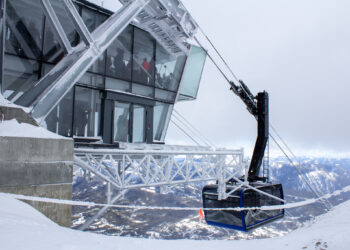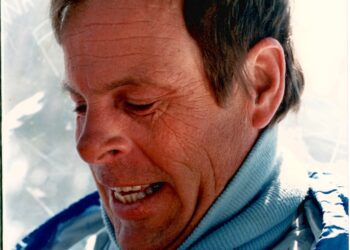by Douglas Martins
The issue of climate change is complex because it involves all of earth’s systems, and because it is economically and politically relevant. Politicians have distorted scientific results and misled voters to benefit their re-election campaigns, and the media has polarized the issue to gain viewer attention. Scientists are also at fault for being inherently bad at communicating their results to the policymakers and to the general public. The fact is, almost all scientists believe humans are the cause of the recent climate change. They predict that in the next 50-100 years, the global mean temperature of the atmosphere will increase by 3°C (~ 5°F). That may not sound like much, but it is equal in magnitude but opposite in sign to the last ice age. If we do nothing, things are likely to get much worse.
Many people have become apathetic to the changes we desperately need to make. They think engineering will eventually find ways to fix our problems, so they believe we can continue to trash our planet. Not only is that irresponsible, but engineering earth systems (something we do not understand fully) can lead to harmful consequences (e.g. CFCs and the ozone hole). Plus, these engineering strategies take time to develop, and we are running out of time.
The United States became a world power through leadership and innovation. Now, countries developing sustainable forms of energy are surpassing the United States. Wind and solar power are becoming increasingly more efficient, and provide energy with less environmental impact than traditional energy sources. So, rather than following the path of business-as-usual, we as a country and economy can make this the single greatest opportunity for profit in this once capitalistic society.
The development of sustainable technology offers a solution to combat greenhouse emissions, but it requires expertise to do so. As an individual, the easiest thing you can do is to conserve. Walk up and down the steps instead of using elevators. Ride a bike to work. Turn off lights. Watch TV less and play outside more. By doing this, you instantly save money and become more healthy. As a side benefit, you might save the world.
Douglas Martins is a post-doctoral research associate at Penn State University. His research focuses on the impact meteorology has on local and regional air pollution. Doug frequently visits Big Sky because he thinks he can ski.











